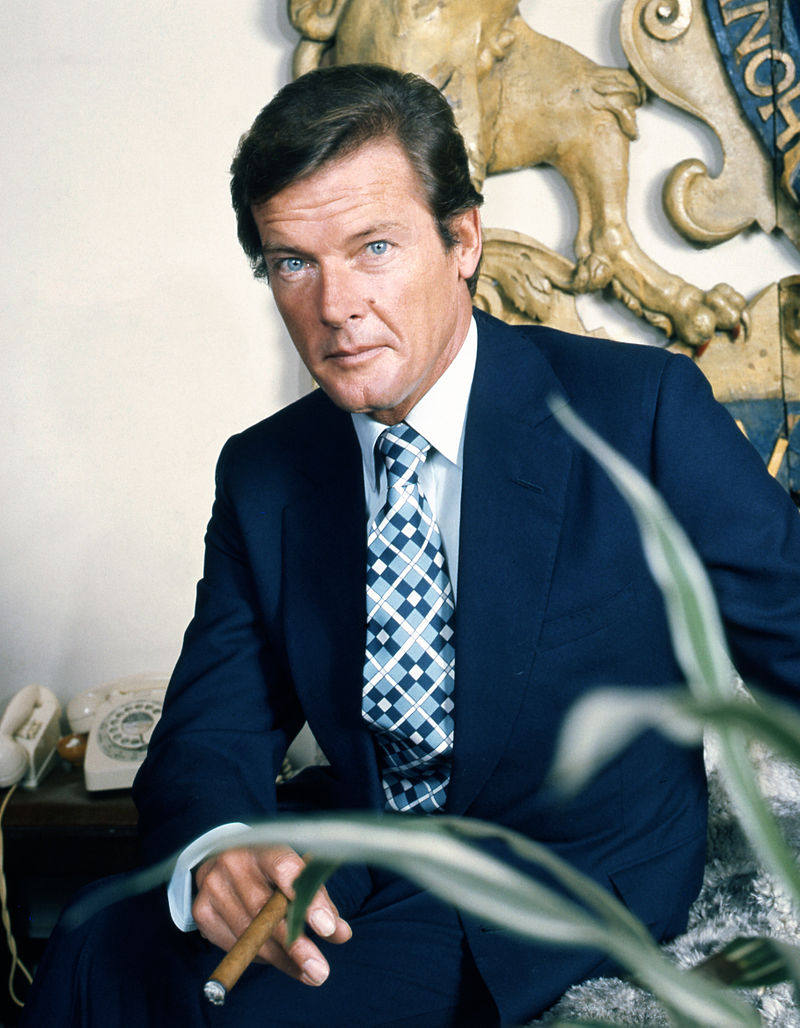De Burgh was born in Venado Tuerto, Argentina, to Colonel Charles Davison, a British diplomat, and Maeve Emily de Burgh, an Irish secretary. His father had substantial farming interests, and Chris spent much of his early years in Malta, Nigeria and Zaire, as he, his mother and brother accompanied Colonel Davison on his diplomatic and engineering work.
The Davisons finally settled in Bargy Castle, County Wexford, a twelfth-century castle in Ireland bought by his maternal grandfather, General Sir Eric de Burgh, a former Chief of the General Staff in India, who was descended from a distinguished Hiberno-Norman family. The castle was converted into a hotel where Chris gained much early experience performing to the guests, and he later assumed "de Burgh" as his stage name.
After attending Marlborough College in Wiltshire, England, de Burgh went on to graduate from Trinity College, Dublin with a Master of Arts degree in French, English and History.
Musical career
Chris de Burgh signed his first contract with A&M Records in 1974, and supported Supertramp on their Crime of the Century tour, building himself a small fan base. His début album, Far Beyond These Castle Walls, was a folk-tinged stab at fantasy in the tradition of the Moody Blues. It failed to chart upon its release in February 1975. Five months later, he released a single called "Turning Round" from the album, released outside the UK and Ireland as "Flying". It failed to make an impression in the UK, but it stayed on top of the Brazilian charts for 17 weeks. This became a familiar pattern for the singer/songwriter, as every one of his '70s albums failed to chart in the UK or US while they racked up big sales in continental European and South American countries. In 1981, he had his first UK chart entry with Best Moves, a collection culled from his early albums. It set the stage for 1982's Rupert Hine produced The Getaway, which reached number 30 in the UK charts and number 43 in the US, thanks to the eerie single "Don't Pay the Ferryman". Chris de Burgh's follow-up album, Man on the Line, also performed well, charting at 69 in the US and 11 in the UK.
Chris de Burgh had an across-the-board success with the ballad "The Lady in Red" in late 1986; the single became a number one hit in the UK (number three in America) and its accompanying album, Into the Light, reached number two in the UK. (number 25 in the U.S.). That Christmas season, a re-release of de Burgh's 1976 Christmas song "A Spaceman Came Travelling" became a Top 40 hit in the UK. Flying Colours, his follow-up to Into the Light, entered the British charts at number one upon its 1988 release, yet it failed to make the American charts. De Burgh never hit the US charts again and his commercial fortunes began to slide slightly in Britain in the early 1990s, yet he retained a following around the world. This is mainly due to inactivity of his previous recording label A&M Records UK division in U.S.
In 2007, a concert in Tehran was planned for mid-2008, together with local band Arian, which would have made Chris de Burgh the first western pop singer to perform in Iran since the 1979 revolution. However, the concert never went ahead because he had not been given permission by the Iranian authorities to perform in the country.
Personal life
Chris de Burgh has been married to his wife Diane since 1977 and lives in Enniskerry, County Wicklow in Ireland. They have two sons, Hubie and Michael, and a daughter, Rosanna, a model, who won the Miss World competition in 2003 for Ireland. He is a distant relative of the 13th-century English nobleman Hubert de Burgh, who features prominently in Shakespeare's play The Life and Death of King John. He is an avid Liverpool F.C. supporter, as is Rosanna, and they often attend matches at Anfield.
In 1994, he was found to have had an affair with his children's 19-year-old Irish nanny, Maresa Morgan, who was assisting the family while de Burgh's wife Diane was recuperating in the hospital from a broken neck during a horse-riding accident. His daughter Rosanna indicated during an interview with The Irish Independent that she held little sympathy for Morgan, regarding the latter's portrayal of herself as a victim as "pathetic" and hoped "she pays for her mistake". She forgave her father for his affair.
In 2011, bottles from DeBurgh's vintage wine cellar sold for over $500,000, including a world record set for a magnum collection of postwar vintages.
DeBurgh has a noted interest in war history, especially that of World War I and World War II. His songs contain numerous references to soldiers and battle, and in 2006 he purchased a rare First World War letter written by an unknown soldier.
De Burgh has pursued and won 16 defamation actions. The Irish Independent said he has always been a bit prickly about criticism. Peter Crawley, a theatre reviewer at The Irish Times, received a directed response from de Burgh when he wrote a less than sympathetic review of de Burgh's show in Dublin's Gaiety Theatre in September 2009. Crawley noted: "He departs the stage for 'Lady in Red', invading boxes and draping himself over audience members ... Certain toes will never uncurl after this experience, but it is almost admirable how unaltered de Burgh has remained by the flow of time." In a lengthy, much-publicised reply to the critic, de Burgh made his feelings known, particularly in the postscript:
We were wondering by way of explanation and, as you seem to portray yourself as a bitter and unfulfilled man, were you much teased by your school chums in the schoolyard and called 'Creepy Crawley'?AllMusic critic Greg Prato has stated: "Depending on who you ask, Chris de Burgh either specializes in pretentious, bombastic art rock disguised as pop or is a master of penning soaring and majestic compositions." The BBC has said of de Burgh: "To his millions of fans, Chris de Burgh is the ultimate romantic singer. But to many others he's a figure of fun." When the staff of Melody Maker were putting together a lampoon edition of a new arts and music magazine, they chose de Burgh for the cover. His signature song, "The Lady in Red", has been repeatedly voted one of the public's most disliked songs. Neil Norman, writing for The Independent, described de Burgh as "the world's naffest balladeer". In his favour, Mike DeGagne, writing for AllMusic, has acclaimed de Burgh as "a genuine master of the soft ballad" and "one of the finest mood-invoking artists ever".
.jpg/800px-Gymnich_CdeB_(333).jpg)











_(2).jpg)









